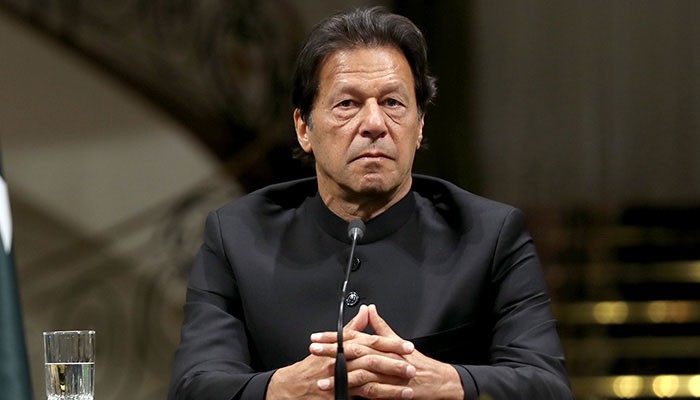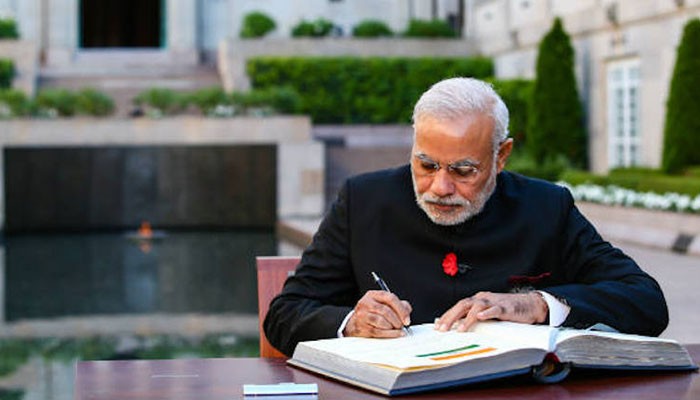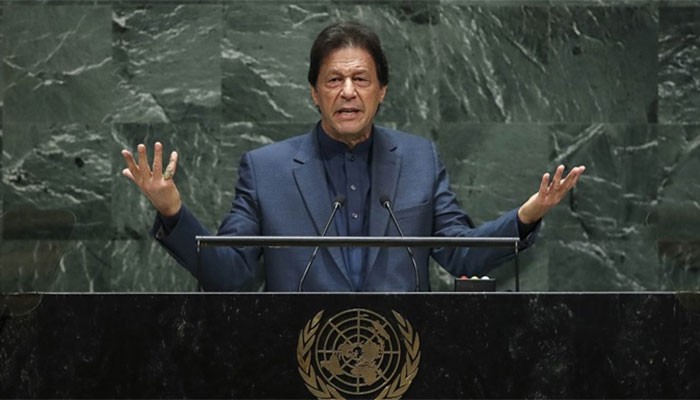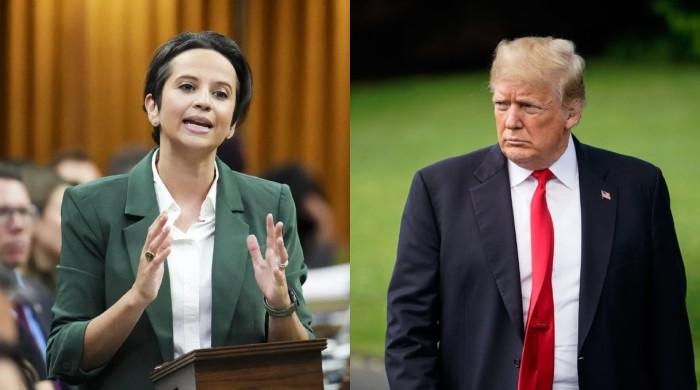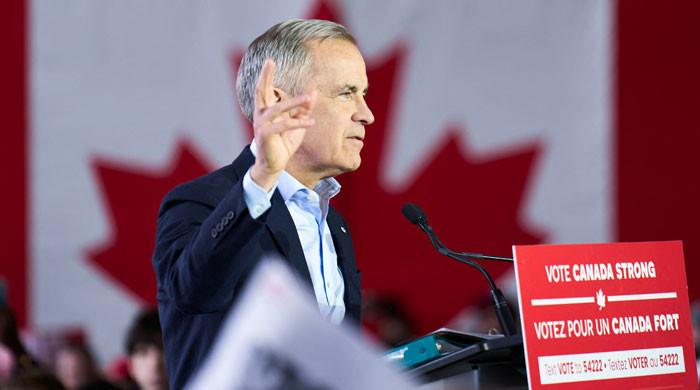New York Times publishes scathing editorial on international response to occupied Kashmir
American publication urges United Nations to act before it is too late
October 03, 2019
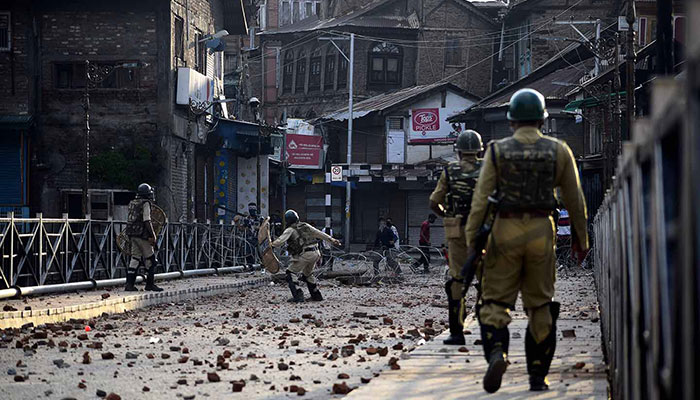
American publication The New York Times on Thursday published a scathing editorial on the international response to the Indian annexation and military curfew of Indian-occupied Kashmir.
In the editorial, the newspaper expressed frustration and anger over the muted international response to the human rights situation in the occupied valley, urging the United Nations to act before it was too late.
The New York Times referenced the UN General Assembly speech of Prime Minister Imran Khan in which he had warned about Kashmir being a nuclear flash-point in South Asia, and urged UN to act.
Also read: US envoy to testify on occupied Kashmir
However, the editorial also cautioned that resting hopes on the United Nations seemed futile, given the approach it had taken on the Kashmir dispute in recent decades.
"The United Nations’ lack of resolve is a sad sign of the dysfunction in international diplomacy as American leadership declines and divisions among world powers grow," contends the editorial.
The author added that though United States President Trump had offered to mediate, his warm relations with the increasingly autocratic Modi put doubts over him being an honest broker.
Also read: Indian FM rejects third-party mediation on Kashmir
According to the NYT, countries were unwilling to risk crossing Modi and lose access to India's huge market. Pressure from India had also helped keep Kashmir off the Security Council's agenda, until recently.
The editorial called on India to avoid disaster by lifting the siege in occupied Kashmir, relax movement between border zones, and allow independent investigators to look into alleged human rights abuses.
However, the publication cautioned that these hopes might be in vain given the Hindu-supremacist policies of Indian PM Modi, and India's wrongful assertion that it could control a potential conflict over Kashmir.
